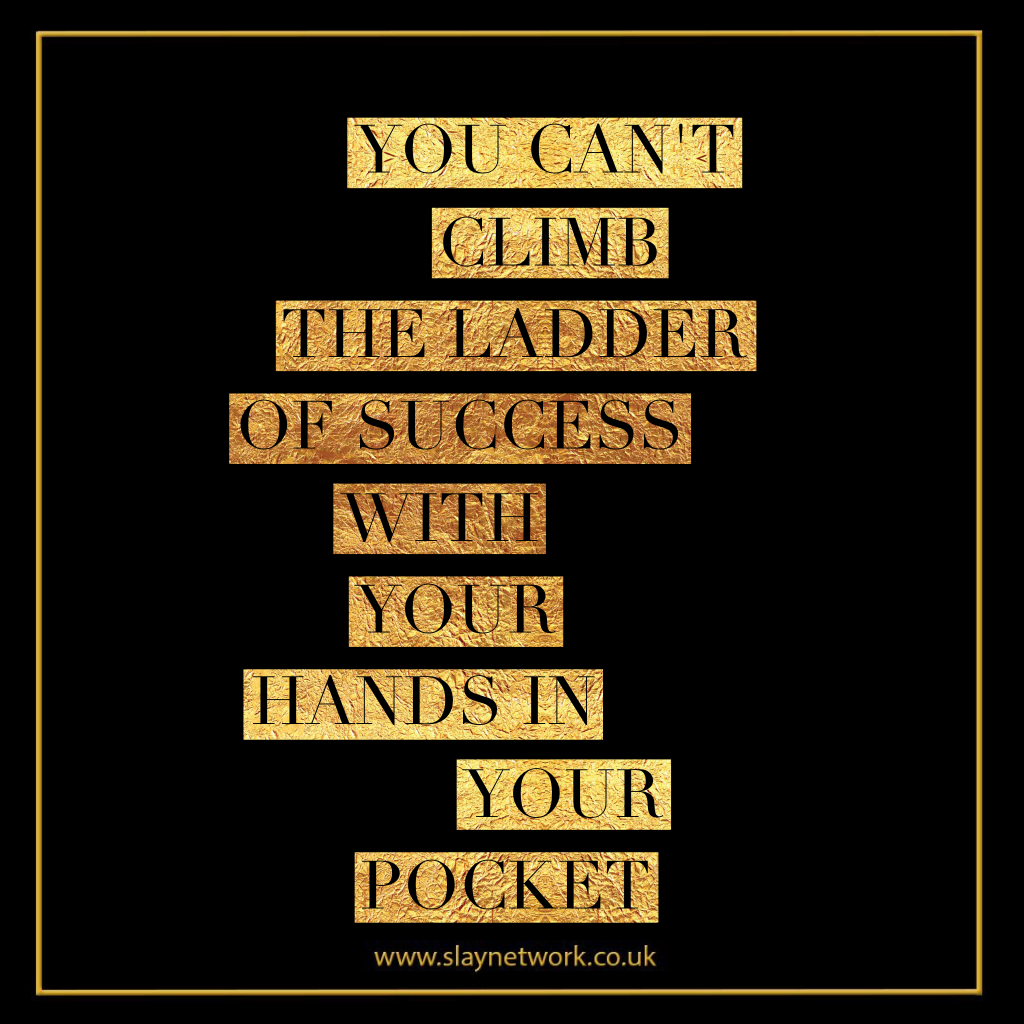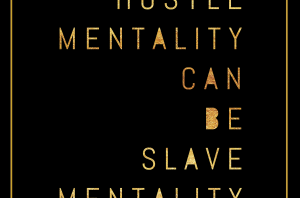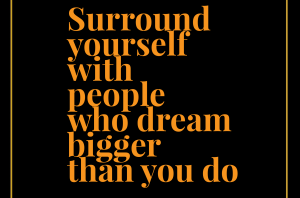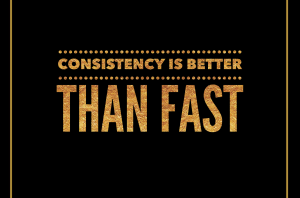
It’s not enough to ask what successful people are like, in other words. It is only by asking where they are from that we can unravel the logic behind who succeeds and who doesn’t.
We all know that successful people come from hardy seeds. But do we know enough about the sunlight that warmed them, the soil in which they put down the roots, and the rabbits and lumberjacks they were lucky enough to avoid? This is not a post about tall trees. It’s a post about forests…
If I offered you a choice between being an architect for $75,000 a year and working in a tollbooth every day for the rest of your life for $100,000 a year, which would you take? I’m guessing the former, because there is complexity, autonomy, and a relationship between effort and reward in doing creative work, and that’s worth more to most of us than money.
“But he was ecstatic, because the prospect of those endless years of hard labor did not seem like a burden to him.” Bill Gates had that same feeling when he first sat down at the keyboard at Lakeside. And the Beatles didn’t recoil in horror when they were told they had to play eight hours a night, seven days a week. They jumped at the chance. Hard work is a prison sentence only if it does not have meaning.
Jewish doctors and lawyers did not become professionals in spite of their humble origins. They became professionals because of their humble origins. Success is not a random act. It arises out of a predictable and powerful set of circumstances and opportunities.
Their world – their culture – and generation and family history – gave them the greatest of opportunities.
Take a look at the following list of numbers: 4, 8, 5, 3, 9, 7, 6. Read them out loud. Now look away and spend twenty seconds memorizing that sequence before saying them loud again.
If you speak English, you have about a 50 percent chance of remembering that sequence perfectly. If you’re Chinese, though, you’re almost certain to get it right every time. Why is that? Because as human beings we store digits in a memory loop that runs for about two seconds. We most easily memorize whatever we can say or read within that two-second span. And Chinese speakers get that list of numbers – 4, 8, 5, 3, 9, 7, 6 – right almost every time because, unlike English, their language allows them to fit all those seven numbers into two seconds.
Fuson argues that perhaps a part of that disenchantment is due to the fact that math doesn’t seem to make sense; its linguistic structure is clumsy; its basic rules seem arbitrary and complicated.
Asian children, by contrast, don’t feel nearly that same bafflement. They can hold more numbers in their heads and do calculations faster, and the way fractions are expressed in their languages corresponds exactly to the way a fraction actually is – and maybe that makes them a little more likely to enjoy math, and maybe because they enjoy math a little more, they try a little harder and take more math classes and are more willing to do their homework, and on and on, in a kind of virtuous circle.
“If a man works hard, the land will not be lazy.” – Chinese proverb
This is not, of course, an unfamiliar observation about Asian culture. Go to any Western college campus and you’ll find that Asian students have a reputation for being in the library long after everyone else has left… But a belief in work ought to be a thing of beauty. Virtually every success story we’ve seen in this post so far involves some group working harder than their peers. Bill Gates was addicted to his computer as a child. So was Bill Joy. The Beatles put in thousands of hours of practice in Hamburg. Joe Flom ground away for years, perfecting the art of takeovers, before he got his chance. Working really hard is what successful people do, and the genius of the culture formed in the rice paddies is that hard work gave those in the fields a way to find meaning in the midst of great uncertainty and poverty. That lesson has served Asians well in many endeavors but rarely so perfectly as in the case of mathematics.
Success is a function of persistence and doggedness and the willingness to work hard for twenty-two minutes to make sense of something that most people would give up on after thirty seconds.
We should be able to predict which countries are best at math simply by looking at which national cultures place the highest emphasis on effort and hard work.
…having the carefree summer days that we all dream about. None of those things, though, will improve her math and reading skills, and every carefree summer day she spends puts her further and further behind Alex. Ales isn’t necessarily smarter than Katie. He’s just out-learning her: he’s putting in a few solid months of learning during the summer while she watches television and plays outside.
It is not the brightest who succeed… Nor is success simply the sum of the decisions and efforts we make on our own behalf. It is, rather, a gift. Outliers are those who have been given opportunities – and who have had the strength and presence of mind to seize them.
The story of success is available from Slay Concierge at $457.90
Includes complimentary VIP worldwide shipping
Contact concierge at sales@slaynetwork.co.uk to get it
If you are ready to work hard to be successful click here





